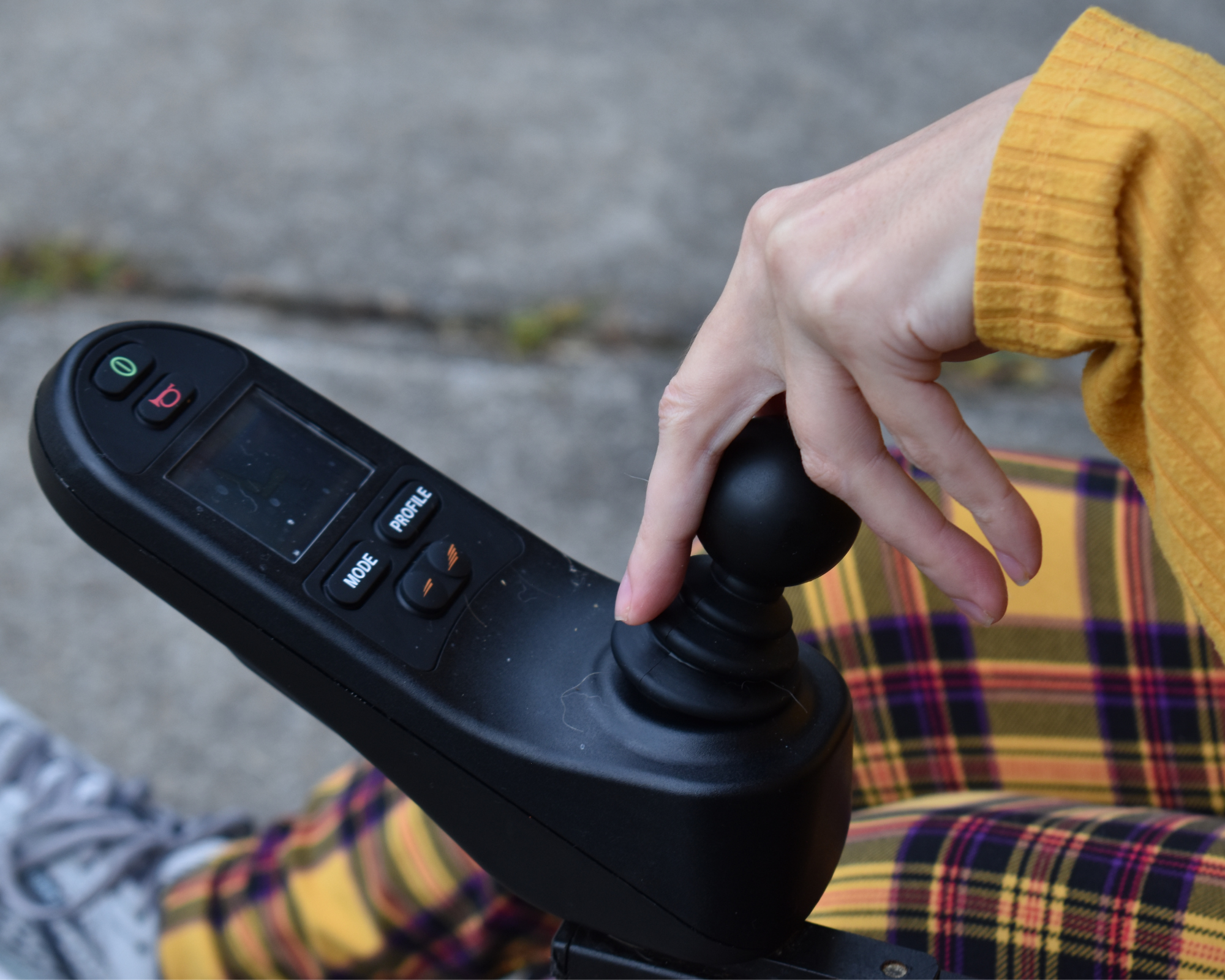Assistive Technology for People with Intellectual and Developmental Disabilities
What do you think of when we say the word “technology?” If you haven’t thought much about the way technology has affected every part of our lives, now is the time to think bigger.
Whether you or your family member are transitioning out of school, starting a job, moving into a new home, or just learning to navigate the community, technology is a game changer. Cell phones have been a leader in the technology boom for two decades. Recently, home based notification devices like Alexa and Ring, and mobile apps like Venmo or Amazon, have made all our lives easier and provided greater accessibility to goods and services.
In many ways, the pandemic pushed access to technology in ways that were previously resisted. Suddenly, technology and virtual became our new reality that could not be ignored. Online grocery shopping became essential. Netflix -type streaming movies, Zoom calls, telehealth visits and virtual family social nights have become lifelines for most everyone in the general population, and even more so for the disability community.
Technology also normalized working from home. For some with disabilities, this has opened the door to competitive employment opportunities for the first time.
We heard from parents that some school age children were able to focus on academics better without sensory or social challenges. Transportation, often scarce for people in rural areas, is no longer an issue with virtual game or movie nights to socially connect individuals with disabilities in new ways.
The field of assistive technology has recently exploded. Also referred to as adaptive or enabled technology, organizations across New York State have established resource centers that serve the disabilities community. Here are some great options in our LIFEPlan regions.
Resources in LIFEPlan Regions
In the Hudson Valley, the Westchester Institute for Human Development offers assistive technology evaluations for school age children as well as training for educators. In addition, there is a lending program which helps individuals try out devices to see what works best.
Central New York is home of the Golisano Center for Special Needs at SUNY Upstate Medical University is part of the TRaiD loan closet program at ACCESSCNY. At ARISE Center, an Adaptive Design program is working working to use everyday materials to create customized equipment and devices for children and adults who have disabilities.
The New York Alliance for Innovation and Inclusion has established an excellent database of information, especially related to transition to independent living. Their mission is to provide resources on enabling technology and to be available for technical support if needed. They offer trainings as well as on-line resources that can change how people approach long term support needs.
Typical and adaptive technology solutions to everyday needs of people with disabilities are now mainstream. The possibilities are endless through providers such as those shared here. LIFEPlan Care Managers can also assist with more information on available providers.

